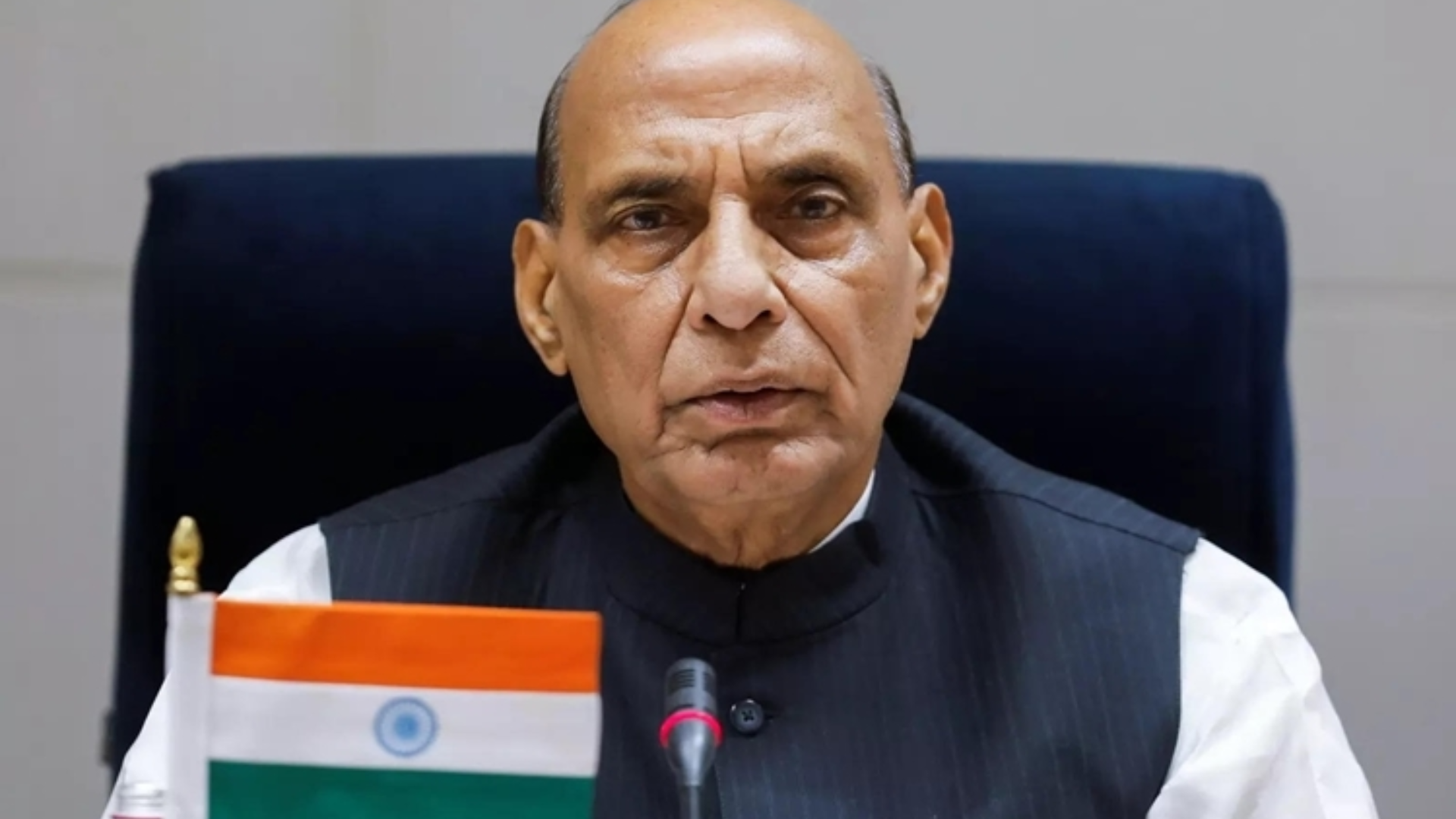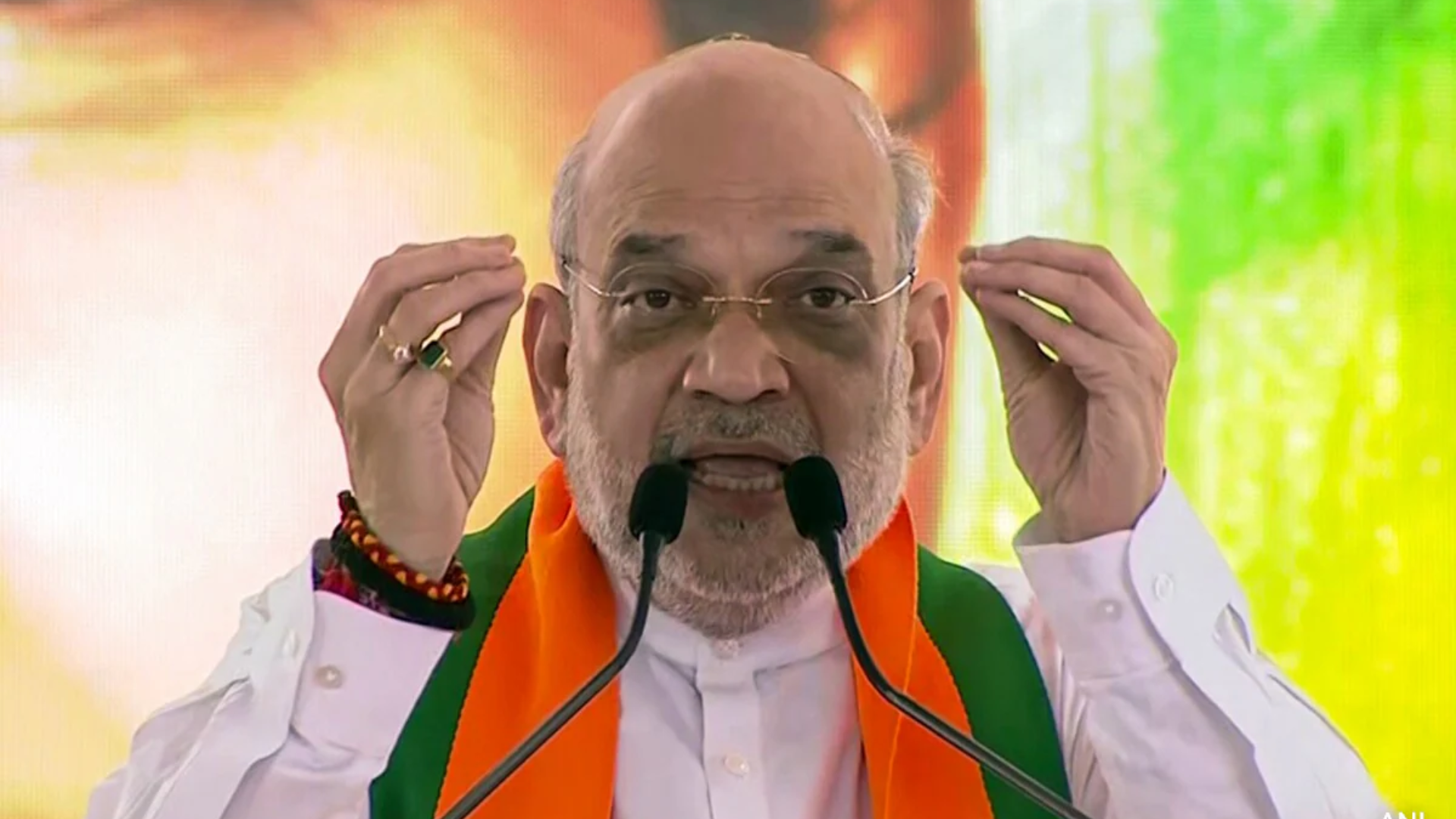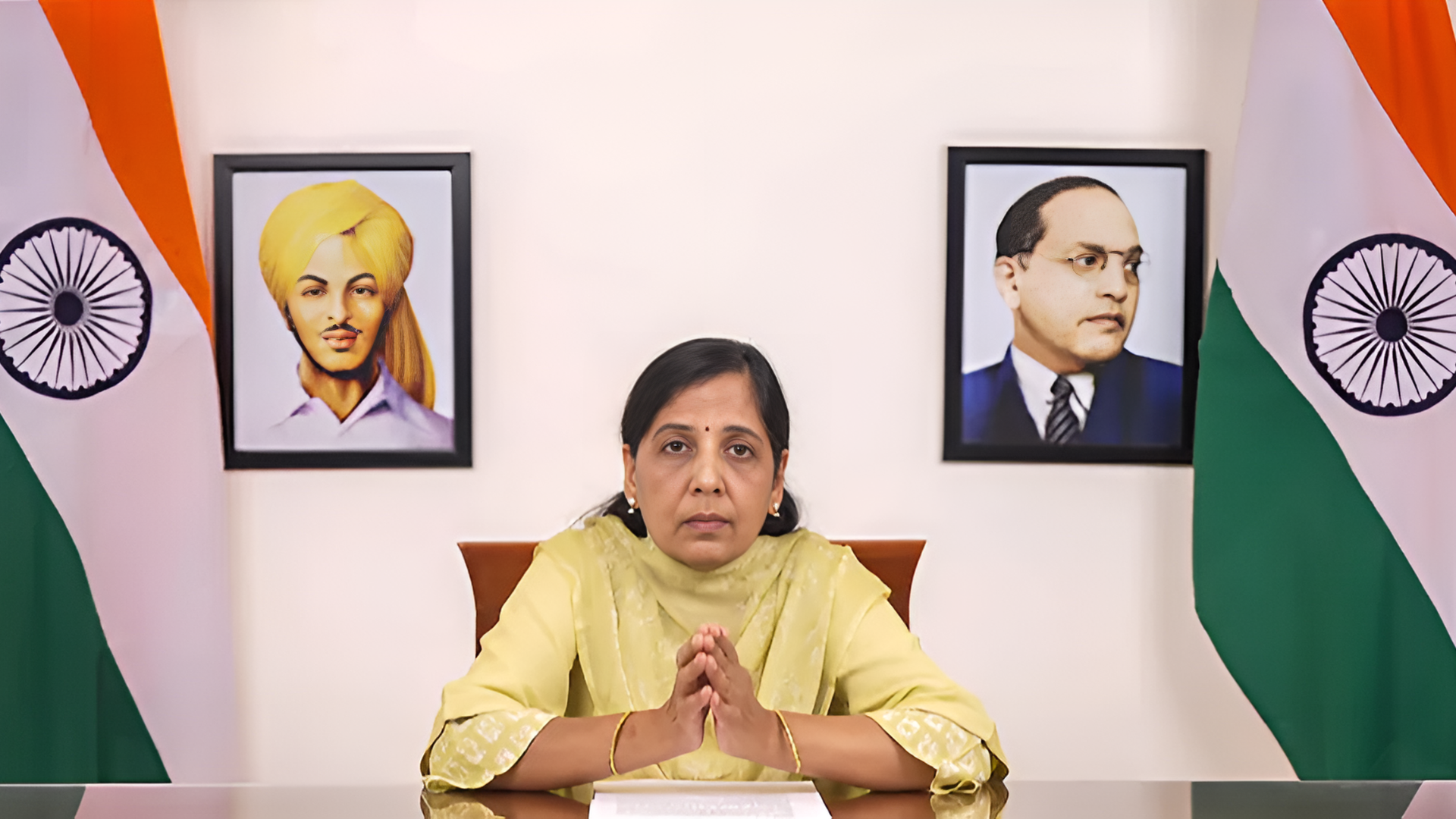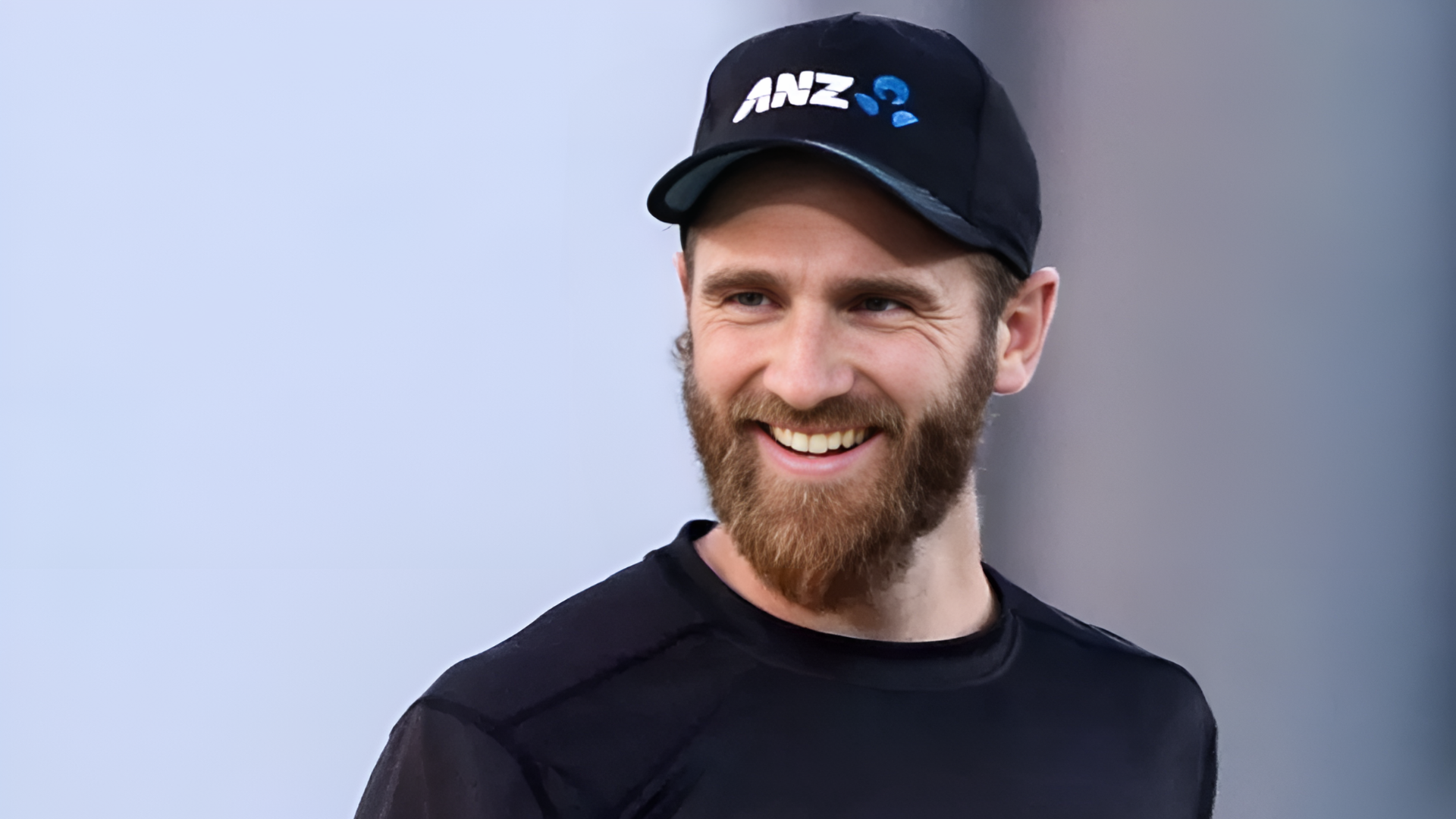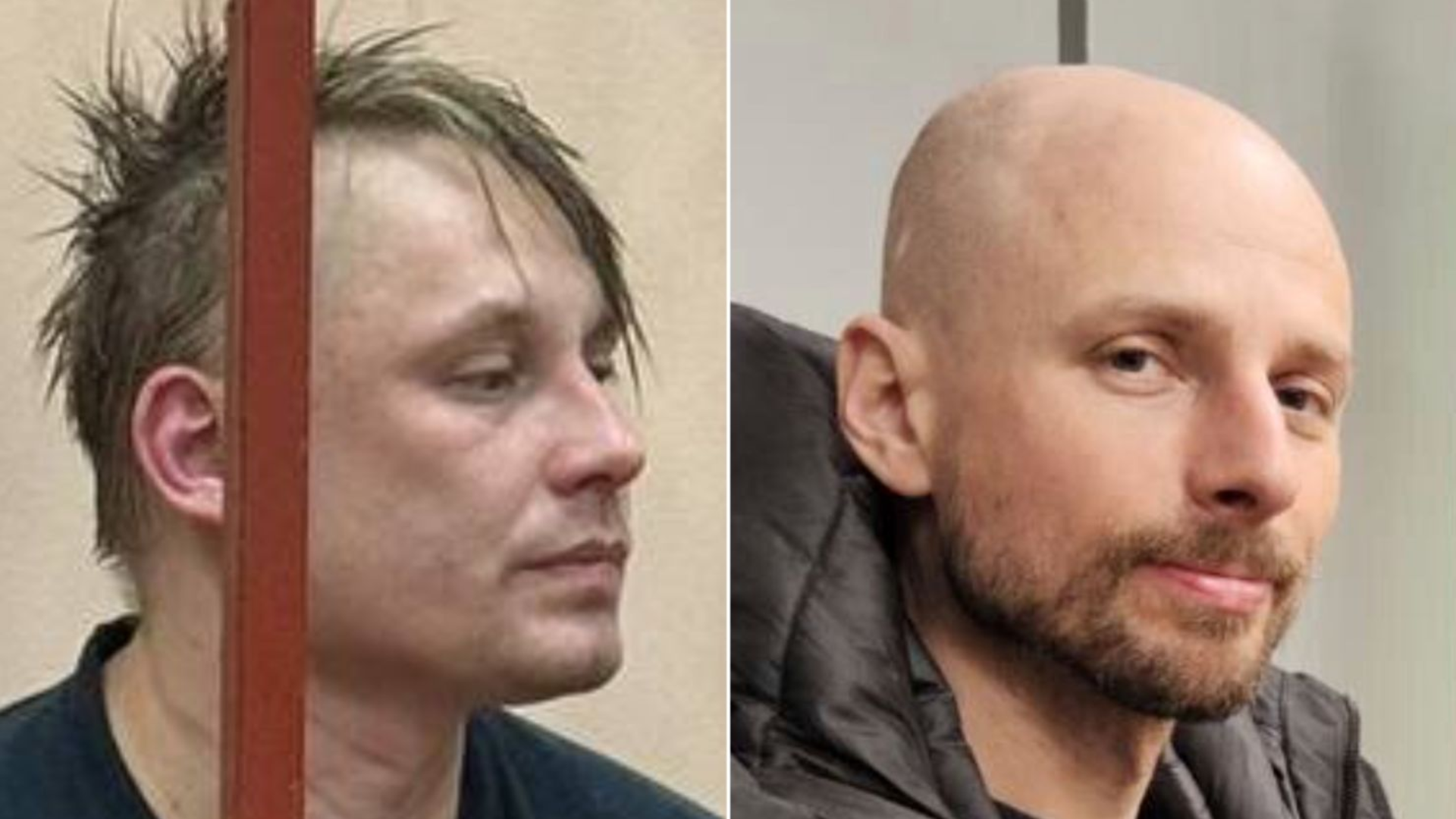


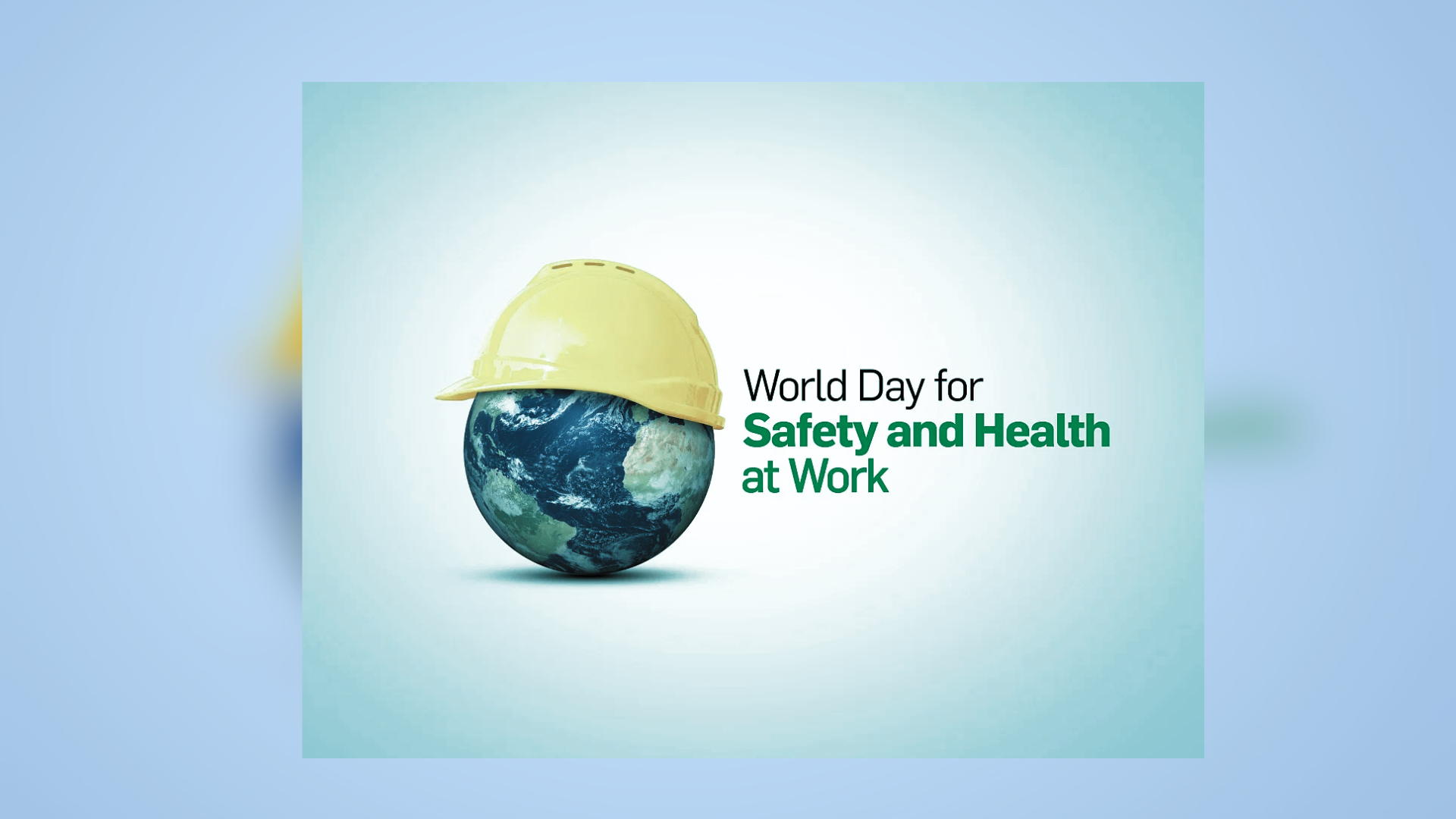

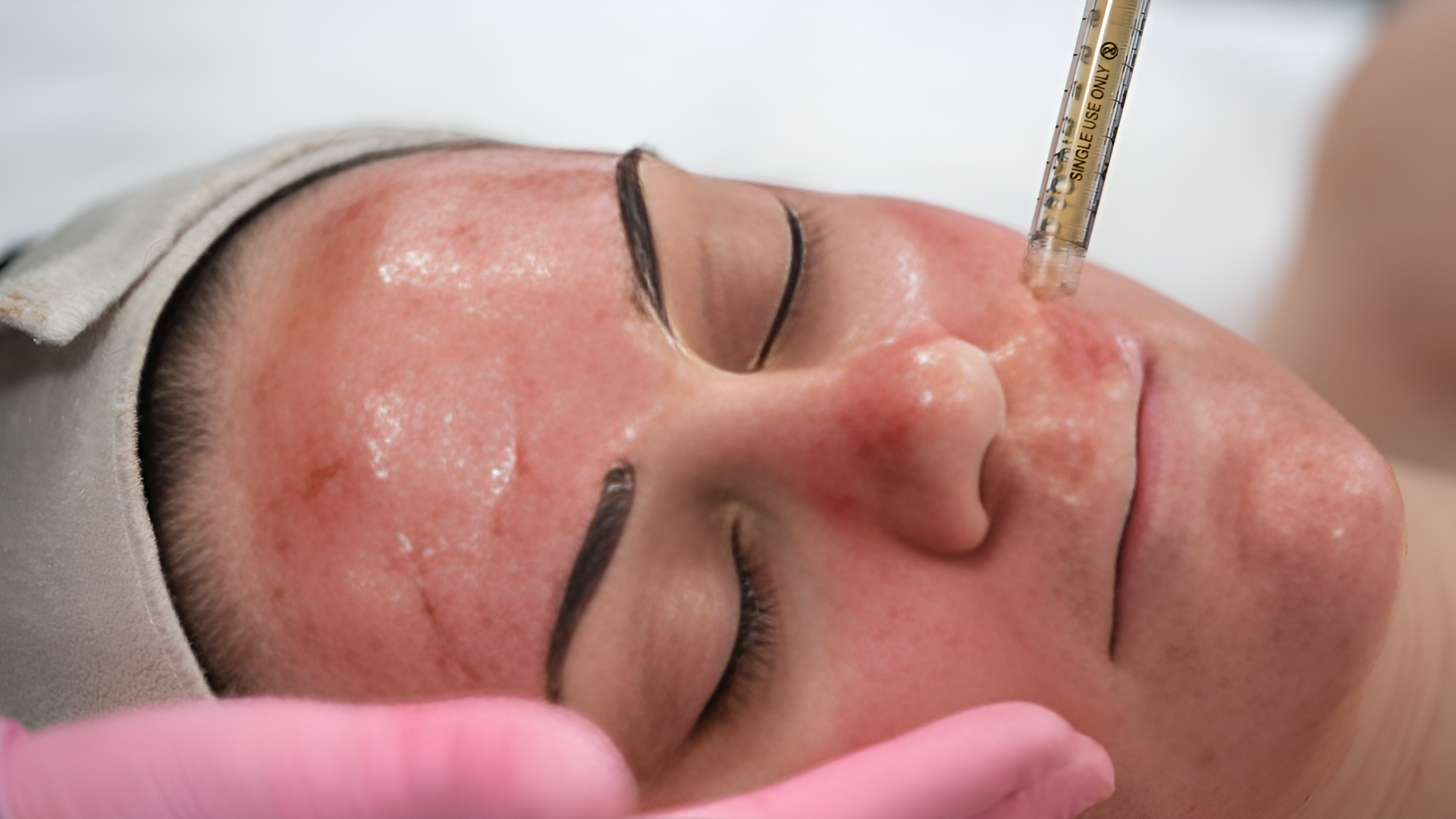



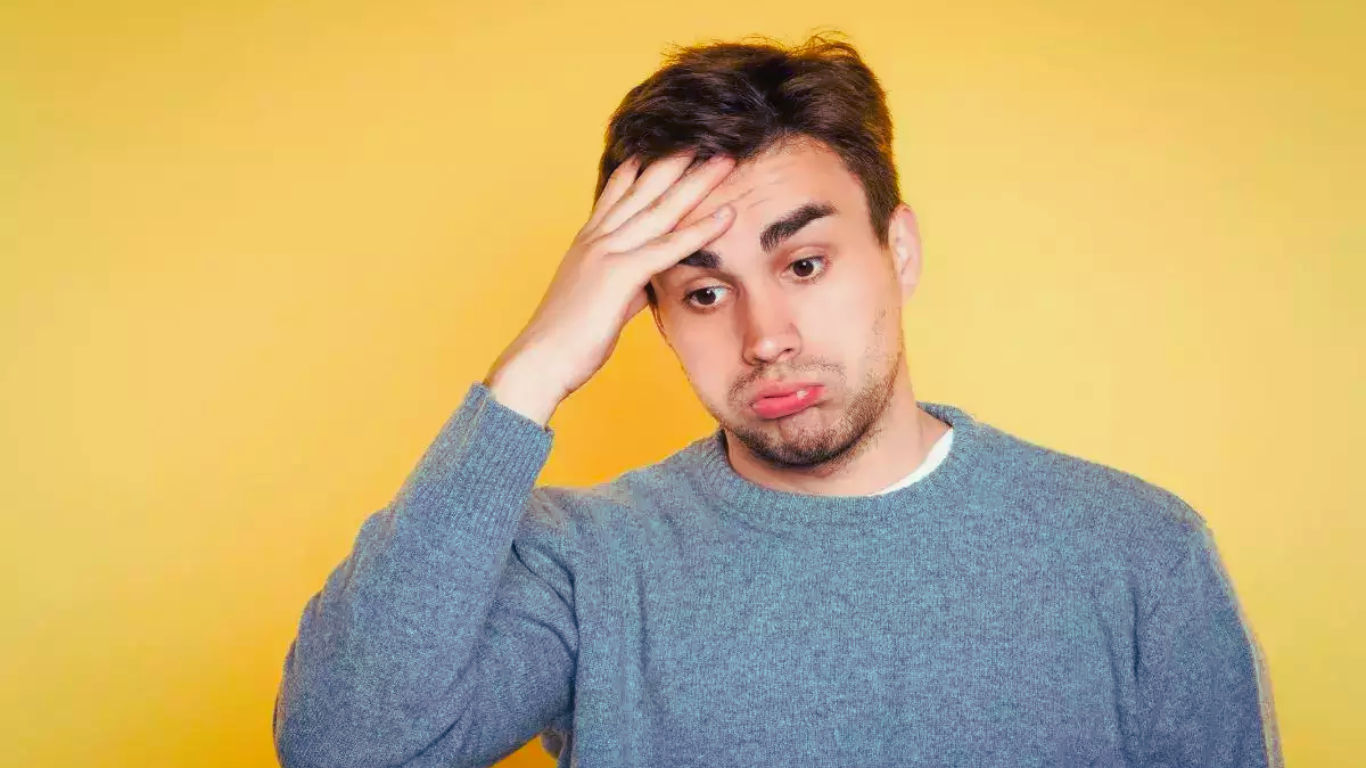
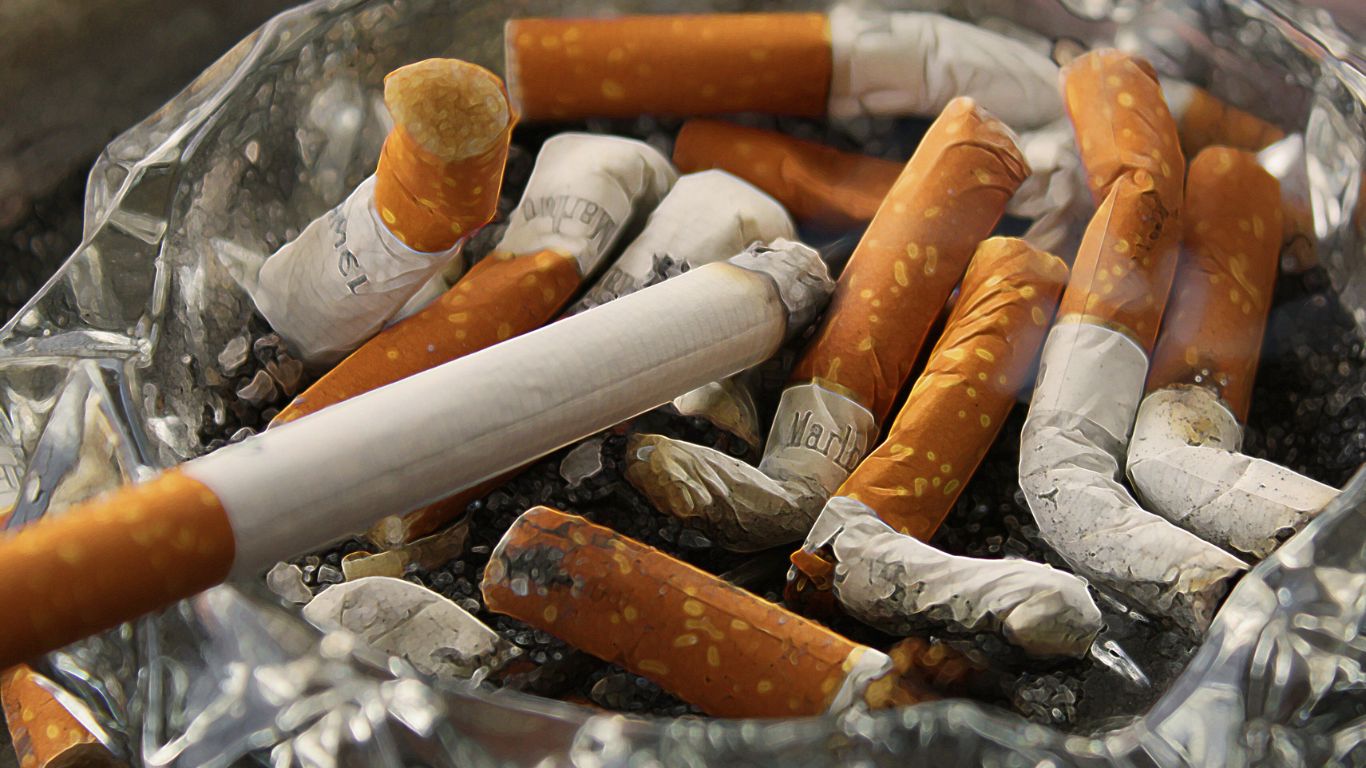
No Smoking Day 2024: No Smoking Day serves as a crucial reminder of the destructive impacts of smoking and aims to inspire individuals to kick the habit. Falling on March 13 this year, the initiative sheds light on the detrimental effects of smoking, extending beyond the lungs to impact overall well-being.
Originating on Ash Wednesday in 1984, No Smoking Day has since gained momentum, observed annually on the second Wednesday of March in the UK.
One of the significant dangers associated with smoking is secondhand smoke, also known as passive smoking. This refers to the inhalation of smoke from burning tobacco products like cigarettes, cigars, or pipes, inadvertently breathed in by individuals in proximity to smokers.
According to the World Health Organization (WHO), tobacco claims over 8 million lives annually, with approximately 1.3 million non-smokers succumbing to the effects of secondhand smoke.
The risks posed by secondhand smoke are manifold:
Given these potential health hazards, quitting smoking is paramount not only for personal well-being but also for the health of those around you.
On No Smoking Day 2024, let us raise awareness about the risks of secondhand smoke and take proactive steps towards a smoke-free environment for everyone’s benefit. Remember, seeking professional medical advice is crucial for personalized guidance on smoking cessation and safeguarding health.

